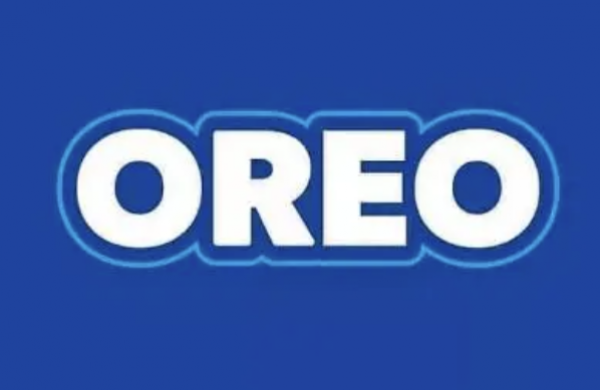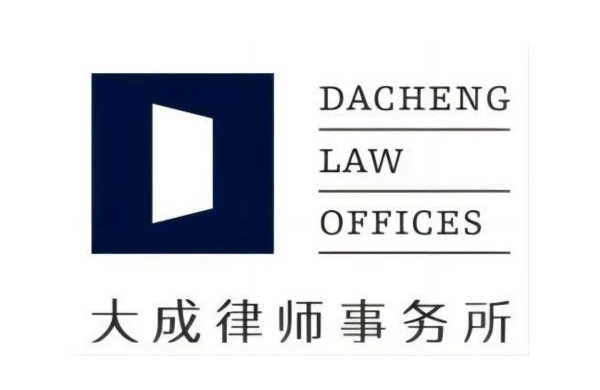Did not receive verification mail? Please confirm whether the mailbox is correct or not Re send mail

IPR Daily
- 2022-05-18 10:13:32
Marshall Federal Jury Awards USAA $218.45 Million in Patent Infringement Case
A local federal jury on last week awarded United Services Automobile Association (USAA) $218.45 million in damages after finding that the defendant, PNC Bank, infringed four of USAA's patents related to remote check deposit technologies used in mobile banking systems.
According to Law 360, the win is the latest in a series of nine-figure jury wins for USAA in patent cases over the technology.
In January 2020, for instance, a federal jury in Marshall ordered Well’s Fargo – the nation's fourth largest bank — to pay $102,792,510 in damages, which was the exact dollar amount the plaintiff was seeking in that particular case. The News Messenger reported, at the time, that the verdict came exactly two months after USAA scored a $200 million verdict in a patent infringement trial against Wells Fargo, held in Marshall's Federal Building and United States Courthouse.
In the latest case with PNC Bank, the lawsuit filed in September 2020 notes that USAA's patented technologies enable USAA to connect members of the military and their families across the globe to financial services.
"USAA developed these technologies as part of its mission to improve the financial security of its members," the lawsuit states. "In its decades of serving the military community, USAA has worked to innovate in serving the needs of its members, including a lifestyle that can make getting to a bank branch difficult, particularly if they are out to sea or deployed outside the United States. USAA’s innovations and investments are protected by multiple patents issued by the United States Patent & Trademark Office. PNC has chosen to use USAA’s patented technologies without permission and to use them for its own commercial gain. This lawsuit seeks remedies for PNC's misconduct."
The lawsuit notes that USAA, a San Antonio- based reciprocal interinsurance exchange for military service members, has been serving present and former members of the U.S. military and their families since 1922 and is one of America’s leading insurance and financial services companies.
"This is an action for infringement of patents awarded to research and development teams at USAA for their years of work developing and improving technologies that, among other things, allow banking customers to easily and conveniently deposit paper checks into their accounts from their smartphones – wherever they might be in the world," the lawsuit states.
According to the lawsuit, USAA began investing in and developing the technology around 2004.
"These pioneering systems and methods resulted in a prototype developed by 2005, and the launch in 2006 of a consumer device remote check deposit system under the name Deposit@Home?. In 2009, USAA launched an application branded as Deposit@Mobile?, which today is available and used worldwide on devices such as iPhones, iPads and Android-based mobile devices," the lawsuit states. "For the first time in banking history, USAA's patented systems allowed customers to deposit checks anytime, anywhere by taking photographs with consumer electronics that consumers actually own or can easily acquire, such as a mobile phone's digital camera. To date, USAA has invested many millions of dollars and thousands of employee hours in the development and implementation of its mobile deposit technologies."
In a statement to Law 360 about the verdict, the plaintiff said the verdict further validates the company’s position that SAA is the creator of mobile deposit capture technology.
"PNC has benefited from our technology and we look forward to working with banks to create reasonable and mutually beneficial license agreements," USAA said in a statement to Law 360. "Our goal has always been to be reasonably compensated for the investment in mobile banking innovation we have made on behalf of our members and the military."
The trial was held in the US District Court for the Eastern District of Texas-Marshall Division with US District Chief Judge Rodney Gilstrap presiding.
Because the jury found that the infringement was willful in the case, Judge Gilstrap could increase the award amount by as much as three times the amount set by the jurors.
Source: marshallnewsmessenger.com
Editor: IPR Daily-Selly
- I also said the two sentence
- Also you can enter 140words
 PurpleVine Successfully Assists Client in Invalidating Sisvel US Patent
PurpleVine Successfully Assists Client in Invalidating Sisvel US Patent Chang Tsi & Partners Successfully Represents Wuxi's First Intellectual Property Civil Case Attached to Criminal Case
Chang Tsi & Partners Successfully Represents Wuxi's First Intellectual Property Civil Case Attached to Criminal Case China Monthly Antitrust Update: February 2024
China Monthly Antitrust Update: February 2024 IPOS was publishing a legal decision involving the trademark of tech giant, Google
IPOS was publishing a legal decision involving the trademark of tech giant, Google


